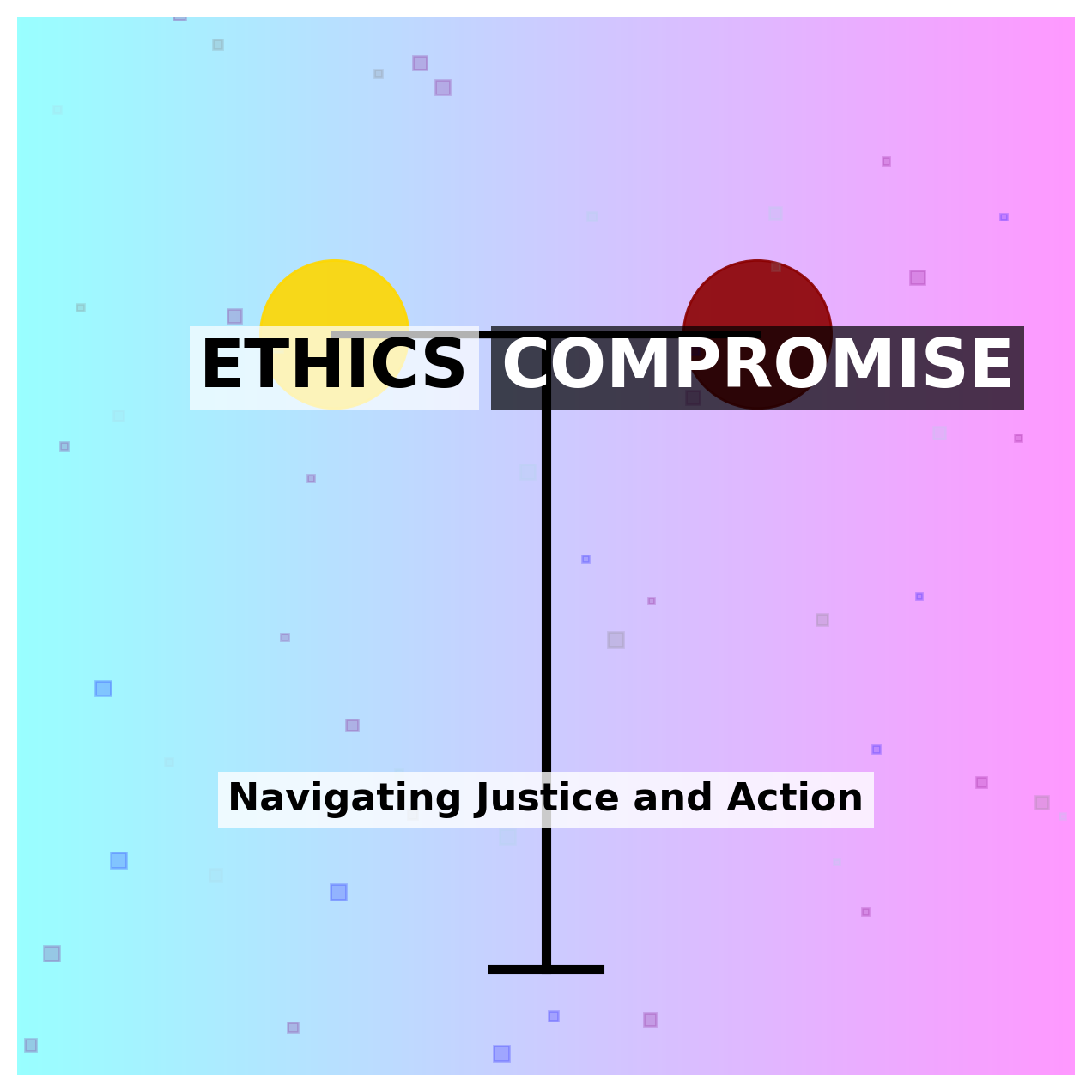
Reading about Luigi Mangione and his actions shook me—not because his frustrations weren’t valid, but because his response crossed a line I can’t condone. It wasn’t a direct act of self-defense or the defense of others in immediate danger. It was violence aimed at a system through a single individual, and while I understand the depth of his anger, I can’t accept that as a solution.
I’m not a pacifist in the traditional sense, and I wouldn’t describe myself as someone who believes in nonviolence under all circumstances. I believe strongly in self-defense and the defense of others when the situation calls for it. If someone’s life or safety is threatened, then taking action—forceful, even violent action—is a necessary response. But what Luigi did wasn’t that. It wasn’t an act of defense—it was an act of anger and desperation directed at a system through an individual. And that’s where I draw the line.
When it comes to fighting against systems, I believe we have to do it within a framework that aligns with the values we want to see prevail. A system, no matter how corrupt, will always outlast a violent uprising if the uprising lacks a foundation of ethical coherence. Violence might create a moment of shock, but it won’t dismantle the structures of power—it will reinforce them, giving those in charge the justification to tighten their grip.
It’s not that I don’t think systems of power deserve to be challenged. They absolutely do. But the way we challenge them matters. It has to be strategic, rooted in empathy, and aimed at building something better, not just tearing something down. The moment we let anger dictate our actions, we lose sight of the bigger picture. The system wins because it thrives on chaos and division.
This doesn’t mean we roll over and accept oppression. Far from it. I believe in fighting back, but it has to be done in a way that upholds the humanity we’re fighting for. Violence against a system only works when it’s a direct act of defense, like protecting a protest from brutality or intervening in a personal act of oppression. But when it becomes indiscriminate or unjustified, it betrays the very cause we claim to support.
This is where I find myself spiritually splitting from more traditional Buddhist teachings. I agree with the principle of rejecting violence in the fight against systemic oppression—systems cannot be dismantled with violence alone. But I also believe deeply in the right to defend yourself or others when lives are at stake. On a personal scale, defense is not just justified—it’s necessary.
Luigi’s manifesto reminded me why this balance is so important. His violence wasn’t about defense—it was an act of despair against a system that will now use his actions to discredit anyone who speaks out against it. In crossing that ethical line, he handed the system the moral high ground it didn’t deserve.
If we want to fight for a better world, we have to hold onto our values, even when it feels impossible. We have to be strategic, compassionate, and unrelenting in our pursuit of justice—but always within a framework that aligns with the world we want to create. And when it comes to personal defense, I’ll never hesitate to say that standing up for yourself and others is not just justified, but essential.
The challenge is knowing where that line is—between justified action and the kind of violence that undermines everything we’re fighting for. It’s a line I’m constantly reflecting on, and one I hope I never lose sight of.